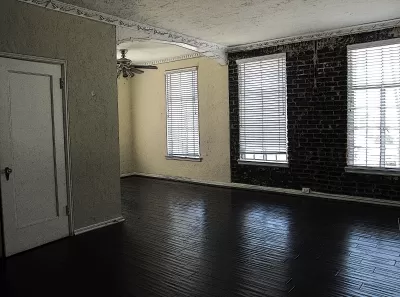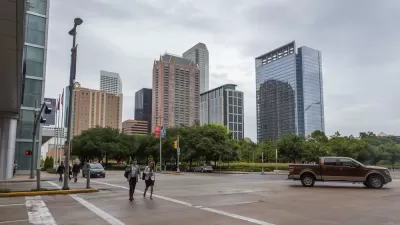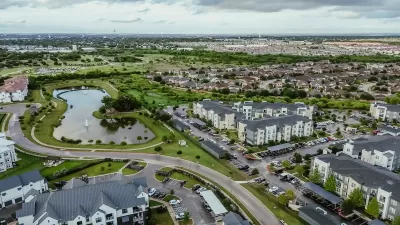Housing costs across the country are becoming more and more unaffordable for low- and moderate-income households, a trend that began even before the COVID-19 pandemic.

With rents rising steadily in cities around the country, renters teetering on the edge of eviction are increasingly likely to lose their homes and low-income renters have an increasingly difficult time finding housing.
"Tenants and advocates have dreaded a wave of evictions that was predicted to follow the end of the federal ban on evictions during the pandemic. Yet in many areas nationwide, eviction filings have increased only moderately since the Supreme Court ruled President Biden’s extension of the eviction moratorium unconstitutional," writes Sophie Kasakove in an article for The New York Times. But these numbers don't reflect the reality of many renters, as they don't capture evictions "that were filed during the pandemic but are only now being executed." Meanwhile, "[r]ents rose 10.3 percent annually in professionally managed apartments in the third quarter of 2021, according to data from RealPage, a real estate data analytics firm, as vacancy rates plunged below 3 percent for the first time in three decades."
In Atlanta, like many other cities, "[t]he current surge in prices has pushed the affordable housing shortage into overdrive, as tenants compete for the few affordable units available, with little, if any, pandemic protection or assistance remaining." Tenant advocates stress that federal rental assistance "was never going to be a long-term solution to a crisis that far predates the pandemic." According to Monica DeLancy, whose organization, We Thrive in Riverside Renters Association, advocates for tenants in Cobb County, "[t]he people that are struggling are still going to be struggling when the money runs out."
FULL STORY: As Rents Rise, So Do Pressures on People at Risk of Eviction

Planetizen Federal Action Tracker
A weekly monitor of how Trump’s orders and actions are impacting planners and planning in America.

Map: Where Senate Republicans Want to Sell Your Public Lands
For public land advocates, the Senate Republicans’ proposal to sell millions of acres of public land in the West is “the biggest fight of their careers.”

Restaurant Patios Were a Pandemic Win — Why Were They so Hard to Keep?
Social distancing requirements and changes in travel patterns prompted cities to pilot new uses for street and sidewalk space. Then it got complicated.

Platform Pilsner: Vancouver Transit Agency Releases... a Beer?
TransLink will receive a portion of every sale of the four-pack.

Toronto Weighs Cheaper Transit, Parking Hikes for Major Events
Special event rates would take effect during large festivals, sports games and concerts to ‘discourage driving, manage congestion and free up space for transit.”

Berlin to Consider Car-Free Zone Larger Than Manhattan
The area bound by the 22-mile Ringbahn would still allow 12 uses of a private automobile per year per person, and several other exemptions.
Urban Design for Planners 1: Software Tools
This six-course series explores essential urban design concepts using open source software and equips planners with the tools they need to participate fully in the urban design process.
Planning for Universal Design
Learn the tools for implementing Universal Design in planning regulations.
Heyer Gruel & Associates PA
JM Goldson LLC
Custer County Colorado
City of Camden Redevelopment Agency
City of Astoria
Transportation Research & Education Center (TREC) at Portland State University
Camden Redevelopment Agency
City of Claremont
Municipality of Princeton (NJ)





























